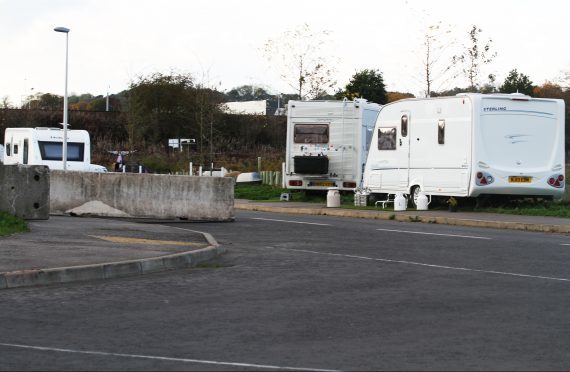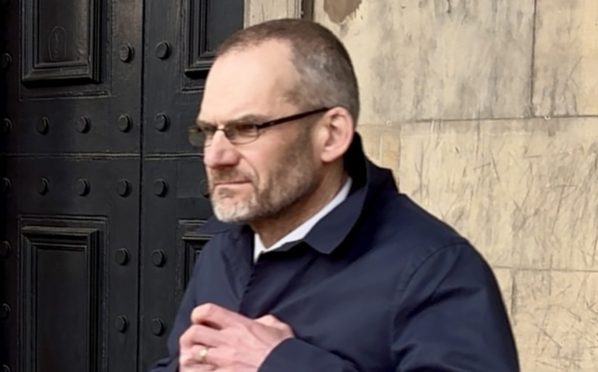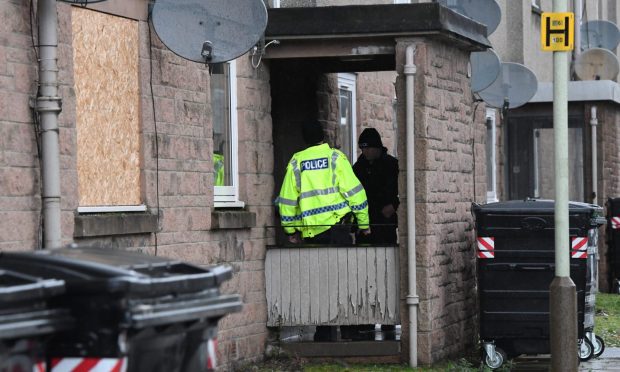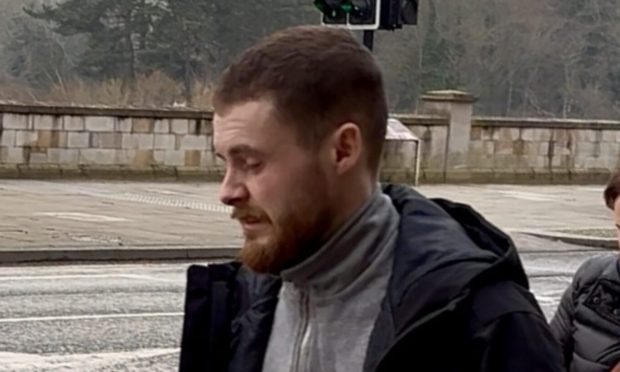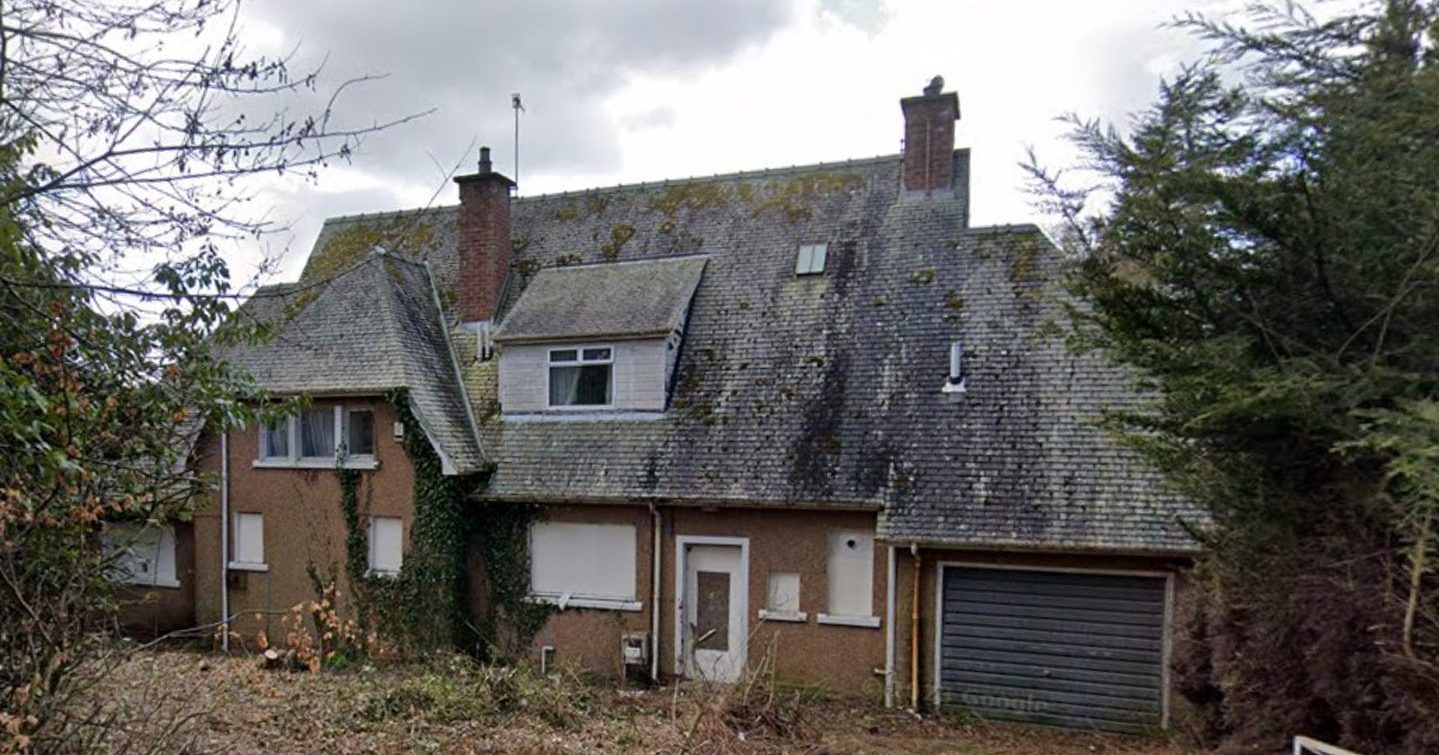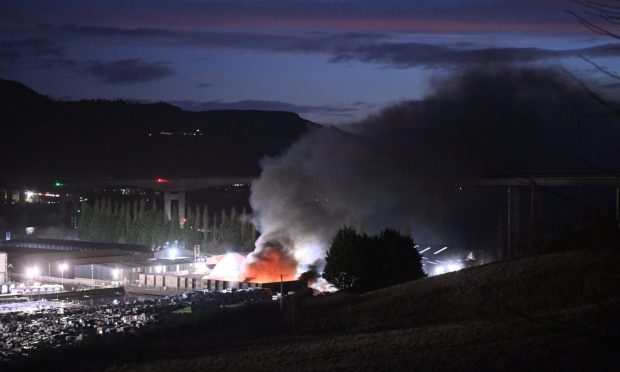Living on the margins of society, the itinerant lifestyle of Scotland’s Travelling community is often viewed, at best, as an anachronism and more often as a serious annoyance.
That clash of cultures reared its head in Perth again with the reappearance of an illegal encampment on the outskirts of the city.
The news was met with anger from local politicians who were incensed by the impact the group would have on the adjacent food and drink park – a prestigious council development aimed at attracting new business to Perth.
Often such stories are one-sided, with no input from the culprits themselves. It is usually the case that Travellers, naturally cautious about the opprobrium they can attract, see no benefit in trying to explain their actions.
On this occasion however I was to be given an illuminating view of life from a Traveller’s perspective that I hadn’t expected.
One of their number whose arrival in Perth had been met with such a backlash took the time to seek me out for a discussion.
An amiable individual, he pointed out – as the council later conceded – large concrete security barriers had been moved by construction workers, not the Travellers as had been thought, though he conceded the camp was still illegal.
Admitting the area was far from ideal for a camp which includes a number of children, he said that it had a long historical association with the Travelling community who had been stopping on the outskirts of Perth for many years – his grandparents camped there before the Second World War.
“The truth is we have nowhere else to go,” he claimed, calling for the council to build a site where Travellers could “come and go”.
I am under no illusions that sympathy among the general public for Travellers who arrive and set up camp where they choose is likely to be scant.
Perhaps accepting others come from a completely different tradition which is alien to most of us is a starting point in accommodating this ancient way of life and finding a fir for it in the modern world.
